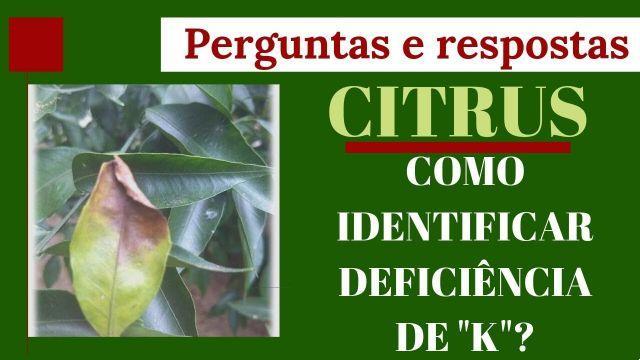
Causes of potassium deficiency
Potassium deficiency can be a simple passing deficit due to contingent causes, but it can also be the signal of important pathologies, so we must pay attention to listen to the messages that our body sends us and get advice from your doctor.
Potassium depletion can be caused by heat, one sweating excessive, strenuous exercise, a crash diet and unbalanced. L'hypokalemia, therefore an important potassium deficiency, can however be caused by diseases affecting the gastro-intestinal system, with problems of malabsorption, coliti ulcerose, vomiting, Diarrhea, abuse of diuretics, prolonged cortisone therapy.
Often in these conditions the amount of electrolytes is seriously compromised, and it is advisable to supplement them with a correct diet and with some simple but effective natural remedies.
Food rich in potassium
Everyone knows that fresh fruit like bananas, apricots, grapes, kiwis it is rich in potassium; but also sweet potatoes and tomatoes. THE dried vegetables they represent an excellent contribution, in the form of soups they are a complete and energizing food.
Dried fruits, such as walnuts, almonds, hazelnuts are essential nutrients to be supplemented, without abusing them.
Il dark chocolate boasts countless properties including potassium intake, counteracts fatigue and is excellent psycho-food!!!
It is also important to be careful to calibrate theuse of sodium: abuse can in fact inhibit the correct absorption of potassium, but it is good to avoid exceeding in the opposite direction, because all mineral salts are essential for the correct functioning of our body. The daily potassium requirement is between 2000 and 4000 mg.
Bananas, grapes, beans, seaweed ... here are the 10 foods rich in potassium
Medicinal herbs rich in potassium
- Dandelion: contains essential oil, tannins, mucilage, inulin, bitter principles, rich in provitamin A, vitamins B and C and mineral salts including potassium. It has a cholagogue, diuretic, laxative action: it is purifying and tonic.
- Ginseng: contains folic acid, B vitamins, vitamins A and E, trace elements such as potassium, sodium, magnesium, phosphorus, iron, silicon. It has a toning and regulating action on blood pressure. It reduces cholesterol, is an anti-inflammatory. It increases the absorption capacity of mineral salts and vitamins.
- Parietaria: contains potassium salts, calcium and sulfur, mucilage, tannins and flavonoids. It has a diuretic, purifying, refreshing action. It can be taken as a decoction. But beware of allergy sufferers.
You can learn more about the benefits and properties of potassium
Potassium supplements
In addition to natural potassium supplements, we can find different types of supplements on the market, often also combined with magnesium.
- Potassium chloride: it is a rebalancer of potassium shares. It is indicated in case of deficiency in the blood which can cause muscle cramps, physical and mental fatigue, constipation.
- Potassium citrate: it's a antacid, is used to quell stomach acid, digestive difficulties and nausea. It is an alkalizer and is indicated to regulate the pH of the urine in case of stones.
Controindicazioni
A is always recommended Medical consultation, since potassium is contraindicated in case of severe hepatic insufficiency, kidney failure e hypertension.


























